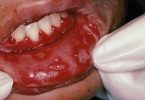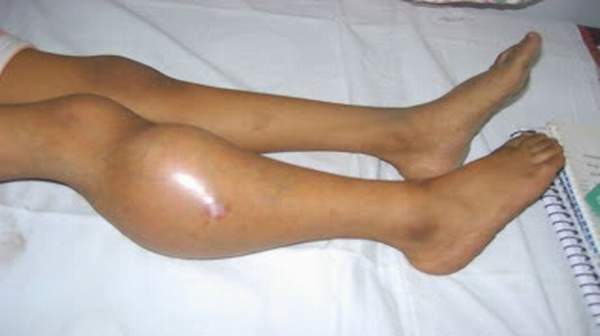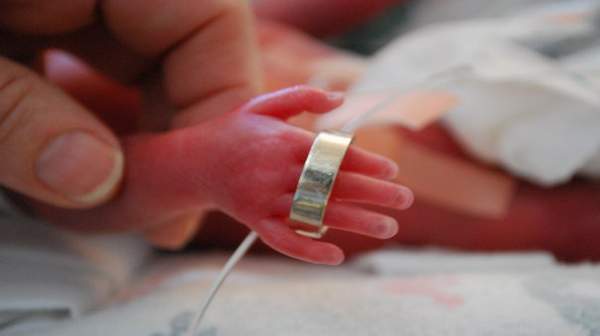What's in this article?
Breastfeeding or nursing is the feeding of babies and young children with milk from a woman’s breast. It is recommended to begin breastfeeding within the first hour of life and to allow it as often and as much as the baby wants. During the first few weeks of life babies may nurse eight to twelve times a day (every two to three hours). The duration of a feeding is usually ten to fifteen minutes on each breast. The frequency of feeding decreases as the child gets older. Some mothers pump milk so that it can be used later when their child is being cared for by others. Breastfeeding benefits both mother and baby. Infant formula does not have many of the benefits.
It is estimated that more than a million deaths of babies could be prevented globally per year through more widespread breastfeeding. Breastfeeding decreases the risk of respiratory tract infections and diarrhea. This is true both in developing and developed countries. Other benefits include lower risks of asthma, food allergies, celiac disease, type 1 diabetes, and leukemia. Breastfeeding may also improve cognitive development and decrease the risk of obesity in adulthood. Some mothers may feel considerable pressure to breastfeed, but children who are not breastfed grow up normally without significant harm to their future health.
Benefits of breastfeeding for the mother include less blood loss following delivery, better uterus shrinkage, weight loss, and less postpartum depression. It also increases the time before menstruation and fertility returns, known as lactational amenorrhea. Long term benefits may include a decreased risk of breast cancer, cardiovascular disease, and rheumatoid arthritis. Breastfeeding is less expensive for the family than infant formula.
What Are the Benefits of Breastfeeding for Your Baby?
Breast milk provides the ideal nutrition for infants. It has a nearly perfect mix of vitamins, protein, and fat everything your baby needs to grow. And it’s all provided in a form more easily digested than infant formula. Breast milk contains antibodies that help your baby fight off viruses and bacteria. Breastfeeding lowers your baby’s risk of having asthma or allergies. Plus, babies who are breastfed exclusively for the first 6 months, without any formula, have fewer ear infections, respiratory illnesses, and bouts of diarrhea. They also have fewer hospitalizations and trips to the doctor.
Breastfeeding has been linked to higher IQ scores in later childhood in some studies. What’s more, the physical closeness, skin-to-skin touching, and eye contact all help your baby bond with you and feel secure. Breastfed infants are more likely to gain the right amount of weight as they grow rather than become overweight children. The AAP says breastfeeding also plays a role in the prevention of SIDS (sudden infant death syndrome). It’s been thought to lower the risk of diabetes, obesity, and certain cancers as well, but more research is needed.
Why Do Some Women Choose Not to Breastfeed?
- Some women don’t want to breastfeed in public.
- Some prefer the flexibility of knowing that a father or any caregiver can bottle-feed the baby any time.
- Babies tend to digest formula more slowly than breast milk, so bottle feedings may not be as frequent as breastfeeding sessions.
The time commitment, and being “on-call” for feedings every few hours of a newborn’s life, isn’t feasible for every woman. Some women fear that breastfeeding will ruin the appearance of their breasts. But most breast surgeons would argue that age, gravity, genetics, and lifestyle factors like smoking all change the shape of a woman’s breasts more than breastfeeding does.
Busting some breastfeeding myths
“Perhaps more than any other aspect of caring for your baby, how you feed your baby seems to cause a great deal of discussion,” says Bridget Halnan. “Family and friends can have strong opinions, but some aren’t based on fact.”
Some common breastfeeding myths include:
Myth: “It’s not that popular in this country.”
Fact: More than 73% of women in the UK start breastfeeding, and 17% of babies are still being exclusively breastfed at three months.
Myth: “Breastfeeding will make my breasts sag.”
Fact: Breastfeeding doesn’t cause your breasts to sag, but pregnancy hormones can stretch the ligaments that support your breasts. Wear a well-fitting bra while you’re pregnant.
Myth: “People don’t like to see women breastfeeding in public.”
Fact: Most people don’t mind. The more it’s seen, the more normal it will become. The law protects women from being asked to leave a public space while breastfeeding.
Myth: “Formula milk is basically the same as breast milk.”
Fact: Almost all formula milk is made from cow’s milk. It can contain bacteria, which is why it’s vital to make it up with water hot enough to kill any bacteria (70C). It doesn’t protect your baby from infections and diseases like breast milk does.
Myth: “Some women don’t produce enough breast milk.”
Fact: “Almost all women are physically able to breastfeed,” says Bridget Halnan. “Early, frequent feeding and responding to your baby’s cues gives you the best start to establishing your supply.”
Myth: “If I breastfeed I can’t have a sex life.”
Fact: There’s no reason why breastfeeding should stop you having sex with your partner. Your breasts may leak a little milk while you’re having sex, but you can try feeding your baby beforehand or wearing a bra with breast pads in. Your vagina may feel a little drier than usual because of your breastfeeding hormones. Using some lubricant and taking things slowly will help.
Myth: “Breastfeeding hurts.”
Fact: Breastfeeding is the normal way to feed a baby and it shouldn’t hurt. If you experience pain in your breasts or nipples, it’s usually because your baby isn’t positioned or attached properly. Ask your midwife, health visitor or a breastfeeding specialist to watch a whole feed to help spot the problem.
Myth: “My nipples are flat or even inverted, so I won’t be able to breastfeed.”
Fact: Nipples come in all sorts of shapes and sizes. Holding your baby skin-to-skin after birth will help them find the best way to attach themselves. “Your baby breastfeeds, not nipple feeds, so as long as they can get a good mouthful of breast they should be able to feed perfectly happily,” says Bridget Halnan.





